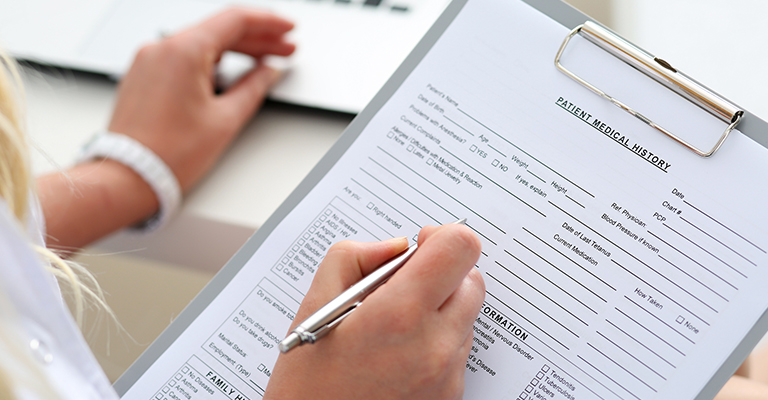Updated by the Progyny Editorial Team — September 2025.
Many of us are taught from a young age that having a child is simple — you stop using protection and a baby will soon follow. In reality, conception isn’t always that straightforward. Several factors affect your chances of becoming pregnant. Here are some things to consider as you start trying to conceive.
1. Know your family’s medical history
Family history can play an important role in fertility. If possible, talk with your parents or close relatives about:
- Whether they experienced infertility
- Whether your mother had two or more miscarriages
- The age your mother entered menopause
The more details and diagnoses you can gather, the better.
2. Schedule a physical
Your own health is just as important as your family’s history. If it’s been more than a year since your last visit, schedule your annual exam with an OB-GYN. Even if you’ve been seen recently, consider making an appointment to specifically discuss preconception planning. Your partner should also schedule a check-up.
Your OB-GYN may recommend testing such as hormone levels, which includes an anti-Müllerin hormone, follicle-stimulating hormone, luteinizing hormone (LH), estradiol, and progesterone tests. Additional testing may include:
- Ultrasound to check reproductive anatomy
- Thyroid-stimulating hormone
- Carrier screening for genetic conditions
- Infectious disease testing
- Immunity to measles, mumps, rubella (MMR), and varicella
- Semen analysis for your partner
Being aware of your health and any conditions that may affect conception can help you feel more informed and in control.
3. Track your menstrual cycle
A typical menstrual cycle lasts 21 to 35 days. If your cycle is irregular, talk with your OB-GYN. Tracking ovulation helps you understand when you’re most fertile.
In an average 28-day cycle, ovulation usually happens 13 to 15 days after the start of your period. Signs of ovulation can include:
- Increased cervical mucus
- Light spotting or mild cramping
- Bloating or breast tenderness
- A rise in basal body temperature (your body’s lowest temperature at rest)
Ovulation predictor kits measure the LH in urine. A positive test shows ovulation is about to happen or has just occurred. For the best chance of conception, have sex every day or every other day in the five days before ovulation and on the day it happens.
You can track your cycle using a paper chart, a digital app, or both.
4. Know when to seek fertility care
Conception can take time. About 1 in 6 couples have trouble becoming pregnant. Most providers recommend trying on your own for six months if you’re 35 or older and 12 months, if you’re under 35. If you haven’t gotten pregnant in that timespan, consider meeting with a reproductive endocrinologist (fertility specialist) for an initial consultation.
If you have questions or concerns, Progyny is here for you. Please contact your Progyny Care Advocate for support.
Disclaimer: The information provided by Progyny is for educational purposes only and is not medical advice. Always consult a qualified healthcare provider for medical guidance.
